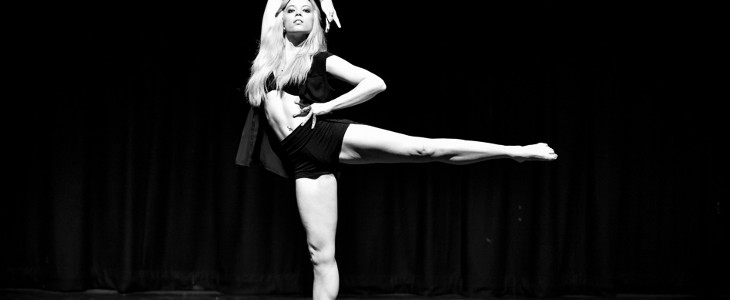Tax Deductions for Actors, Dancers & Other Entertainers
12 January 2018

Average weekly pay: $600
Employment size: 6,000
Future growth: Strong
Skill level Bachelor degree or higher
Actors, dancers and other entertainers all entertain (in one way or another). This is done by portraying roles in film, television, radio, stage productions, performing dances, or performing acts including singing, acting and dancing. Tasks include:
- Reading scripts and undertaking research to gain an understanding of parts, themes and characterisations.
- Learning lines and cues, rehearsing parts, and applying vocal and movement skills.
- Auditioning.
- Creating and performing dances and performance routines for audience entertainment.
Typical tax deductions:
- Commissions paid to theatrical agents.
- Depreciation on computers, televisions, video recorders, compact disc players and professional libraries.
- Coaching classes if undertaken to maintain existing specific skills or to obtain work-related specific skills. This is so even if the training is undertaken between engagements. You can claim a deduction for the cost of lessons to acquire specific skills for use in a particular role or performance.
- You can claim a deduction for fitness expenses if you are required to maintain a very high level of fitness and physical activity is an essential element in your work. For example, this is the case for a trapeze artist.
- Cost of tinted contact lenses to alter eye colour or special spectacle frames if it is required for a role.
- Cost of a particular hairstyle if it is required for a role. You can claim a deduction for the cost of hairdressing specifically to maintain a required hair length or style as part of a costume for continuity purposes. You can claim a deduction for the cost of stage make-up and cleansing materials for removing stage make-up.
- Overtime meal expenses.
- Cost of maintaining a photographic portfolio for publicity purposes.
- Cost of researching a role or character that you have been employed to play. For example, the cost of reference material containing information on a character, era or event.
- Audio, videotapes, video digital discs and compact discs used for rehearsal.
- Theatre and film tickets if the show has a content directly related to your current work.
- Motor vehicle and travel expenses.
Non-deductible expenses:
- Joining fees paid to agencies.
- Audition expenses (as incurred to gain work).
- Gifts such as flowers or alcohol provided to fellow performers, producers or directors (as it is a private expense).
- Hairdressing, make-up or facials that do not relate to your role or costume.
- Initial photo portfolio.
- Cost of attending awards nights or other social functions.
Posted in Occupation Deductions
"You’d be stupid not to try to cut your tax bill and those that don’t are stupid in business"
- Bono: U2




